

A cynic could have a field day here. After all, it’s the second swashbuckling AssCreed since 2013, developed by a gaggle of Ubisoft’s international studios while its prizefighter Montreal team was busy strapping hidden blades to the cast of Les Mis for Unity. More of the same, then—what else would you expect of a series that invites you to give feedback via a star rating after every mission, as if you just passed through airport security or had a parcel delivered? Could that system produce anything but more of the same?
There’s no denying that Assassin’s Creed Rogue is fundamentally a redeployment of Black Flag’s winning formula in a new location, and it’s also true that it bears the crow’s feet and laugh lines of a graphics engine optimised for ageing last-gen consoles. But here’s the kicker: none of that gets in the way of your enjoyment. Not if you’re prepared to exercise a little patience in the opening hour or two.
Since you ask, that winning formula is as follows: you’re plonked on a beach with nothing but a colloquial British Isles accent (you’re Irishman Shay Cormac this time, fledgling assassin hoping to foil a Templar expedition for ancient artefacts) and exceptional parkour skills to your name. Oh, and a fully-crewed ship. Quite important, that, because your freedom to roam the seas, dock at any number of alluring locales or hurl cannon balls at other vessels still imbues Assassin's Creed with an irrepressible sense of adventure. Even the second time round.
Rogue is fundamentally a redeployment of Black Flag’s winning formula in a new location.
It’s while manning the wheel of the Morrigan that you’ll find Rogue’s most grabbing activities: attacking ships to plunder them for crew members and resources, which you spend on ship upgrades. So you can attack bigger ships, obviously. Or, you can go about it the old-school way and strip-mine each onshore location of all its treasure chests, shanties, Animus fragments, naval Animus fragments, Templar maps, native pillars, Viking swords… I’m probably forgetting a few more minimap trinkets. They’re dizzying in volume. Oh, and there’s a city management layer later on too. You’re quite the busy man.
There are billions of collectibles to pick up, of course, but the scenery across Rogue’s three game maps—New York, River Valley and the North Atlantic—provides a powerful incentive to hop from ledge to tree branch to cliff top in pursuit of the odd knick-knack. The northern lights cast a ghostly shimmer across the North Atlantic and its ice sheets which soothes your soul after a hard day’s stabbing, and River Valley’s craggy archipelagos and quaint lighthouses put a spring back in your step after your last whaling misadventure. The visuals are far from bleeding-edge, but Rogue manages a kind of rugged handsomeness through thoughtful large-scale environmental design. Of the game’s successes, its breezy and atmospheric setting might be the one it can actually call its own, rather than a continuation of Black Flag’s form.
It’s a double-edged sword of course, Ubisoft’s strategy to lean on Edward Kenway’s exploits as the foundation for Rogue. It means that if you got sick of that overlong trade-cannon-balls-then-board naval combat sequence the first time, you’re bored before you even begin in Rogue. And if the combat was starting to feel outmoded by AssCreed’s contemporaries in 2013, it feels positively arthritic by now. If you’ve clocked in some hours with a Rocksteady game and/or Middle Earth: Shadow Of Mordor since guiding Kenway’s blade, the adjustment back to a slower pace and lessened precision here is tough and unflattering.
Then there are the other longstanding AssCreed problems. The frustratingly imprecise parkour control; the lukewarm stealth mechanics; the uninspired and repetitive mission templates; the ten-hour-long tutorial sequence. The latter alone threatens to stifle the potential of Rogue’s open waters; the game is bizarrely reticent to let you loose on its prized open world until you've hit key story points.
It isn’t that Assassin’s Creed Rogue is without problems, or particularly fresh within the context of the series. Critically though, it puts you in a mindset in which you’re inclined to let a lot slide, because it’s one hell of a power fantasy. You begin as unknown assassin/pirate and quite quickly become the single most important man who ever lived. I’m not even referring to the main story missions explicitly—even outside of that, you’ve a shipful of sailors ready to die for you, all kinds of friends in high places, and basically own New York. That’s an addictive feeling. Rogue understands how to create a sense of adventure using old mechanics and new locales, and as such remains very playable despite the franchise-long problems AssCreed endures in combat, mission design and story.
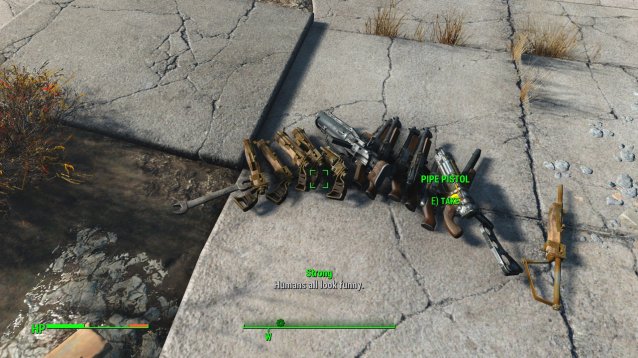

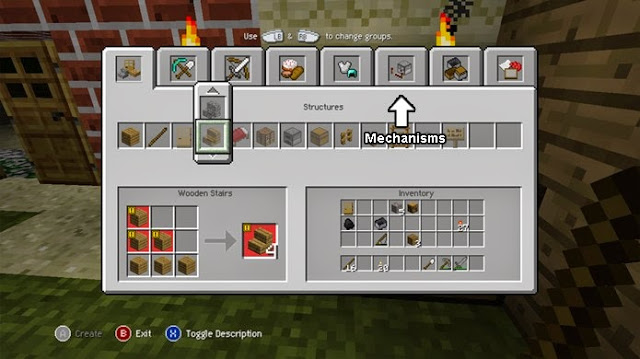
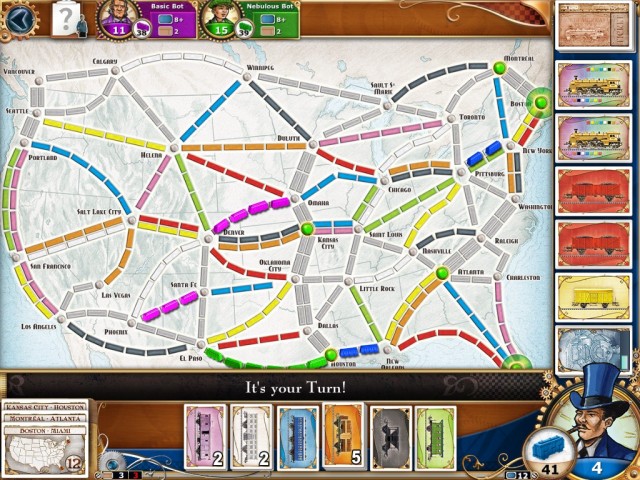
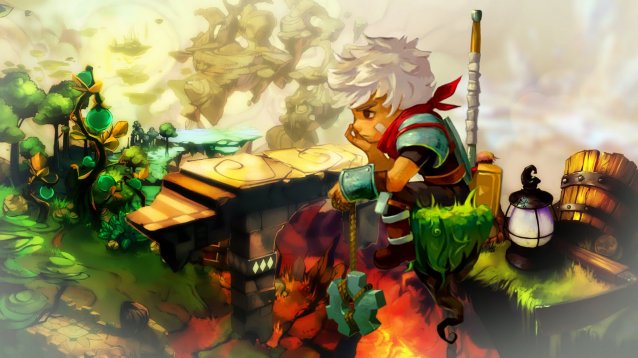 Top 6 Mobile Video Game Ports for iOS and Android
Top 6 Mobile Video Game Ports for iOS and Android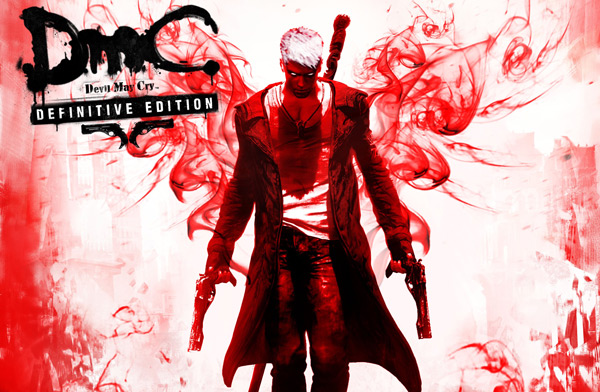 How to get all the DmC Definitive Edition Trophies and Achievements
How to get all the DmC Definitive Edition Trophies and Achievements 8 Gifts for the DIY Geek in Your Life
8 Gifts for the DIY Geek in Your Life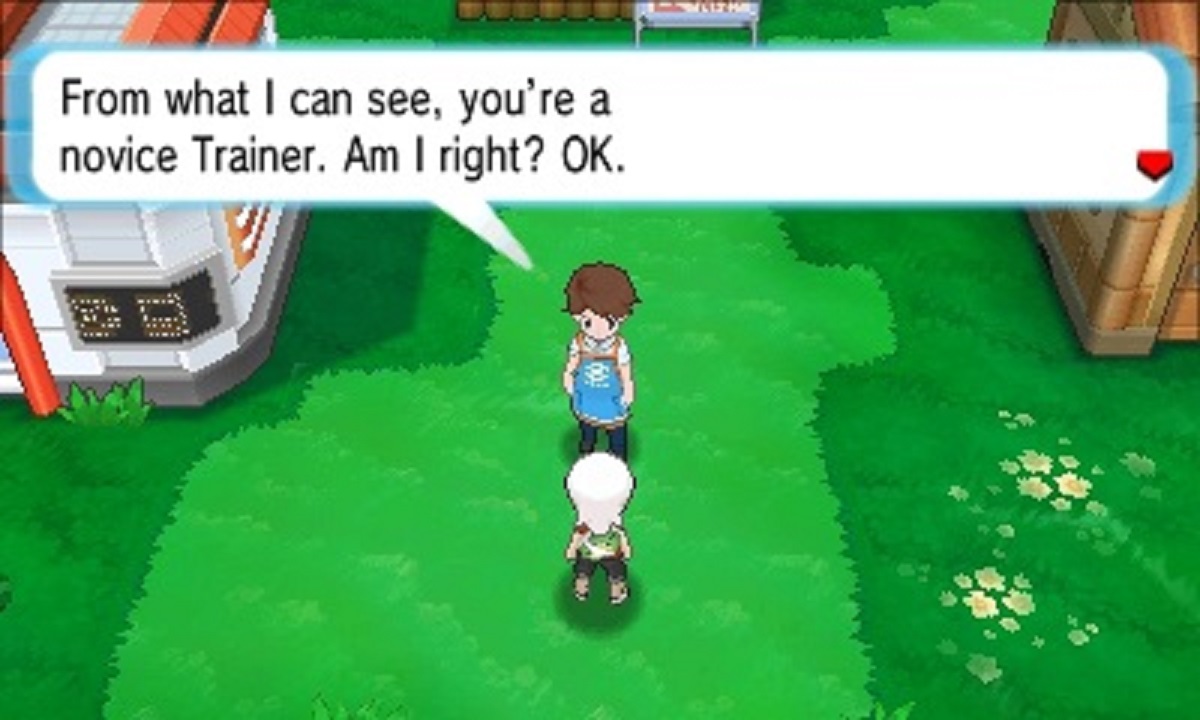 Pokemon ORAS Tip: How to get easy money
Pokemon ORAS Tip: How to get easy money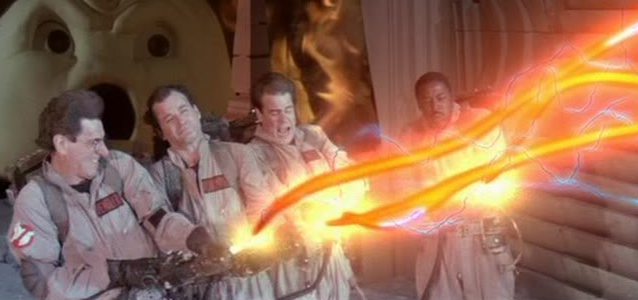 “It Would Be Bad.” Always Online and the Next Generation of Consoles
“It Would Be Bad.” Always Online and the Next Generation of Consoles